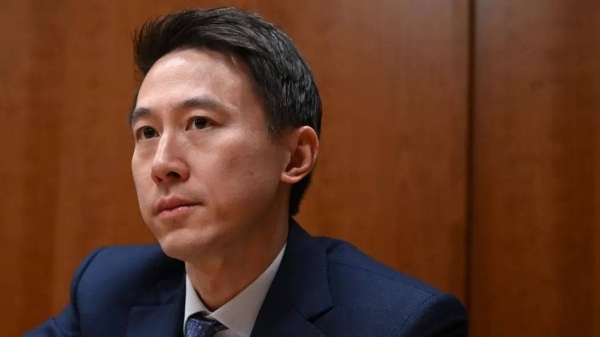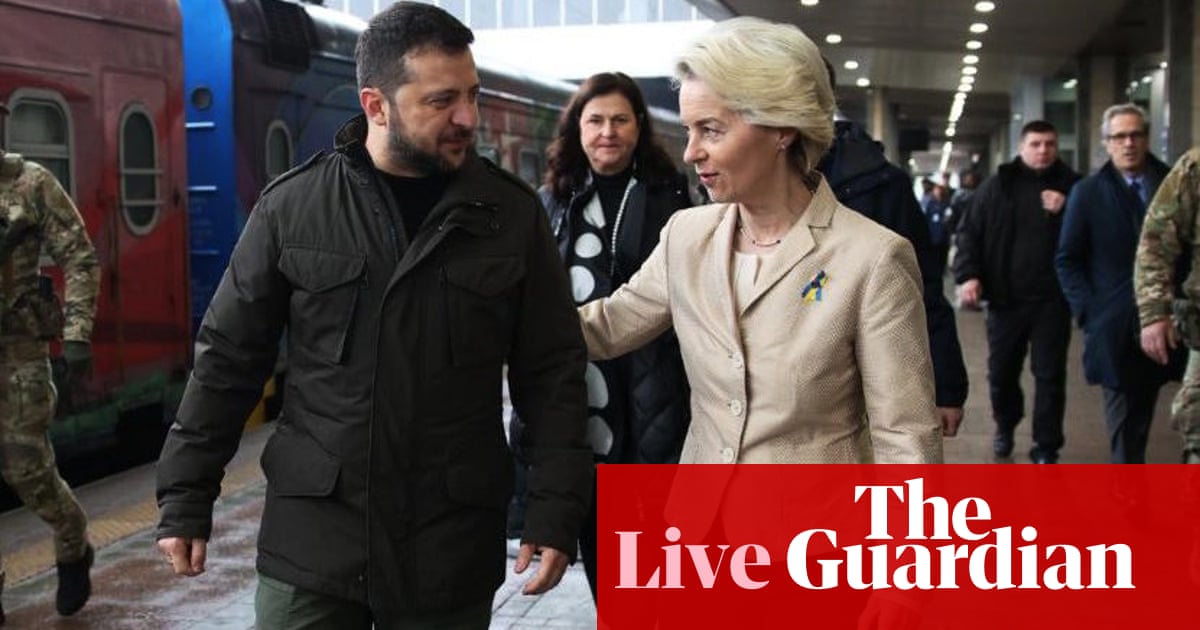
A combined continental force of 65,000 servicemen and women is a constant reminder of America’s role in guaranteeing European security. The US’ commitment to European peace and stability was marked during the Cold War through the presence of approximately 2,500 nuclear warheads. This presence remains, with unofficial estimates putting the current figure at 150 to 200 warheads based in Italy, Turkey, Germany, Belgium and the Netherlands. What has changed, however, is the attitude of US decision-makers. Vice President Mike Pence last month made wild demands of European allies, who now seem to be seeking to secure their own future.
European concern about the US’ commitment to global security has resulted in increasingly bold moves and announcements. More than a century on from the 1918 armistice, how continental peace will be maintained given increasing US reluctance is an important issue for decision-makers. Senior officials understand that Europe needs new security concepts that address the rise of China and the return of Russian aggression. In 2015-16, for the first time in decades, European defense budgets stopped their post-Cold War decline, and most are now on the increase. As exasperation grows in Europe about US leadership of the Atlantic alliance, France last week took the unprecedented step of pledging to extend its nuclear deterrent to cover German territory in the case of armed aggression.
Pence tried to rebuke European allies, not realizing their existing disquiet about US policy. Speaking at the Munich Security Conference, he criticized European leaders for sticking to the 2015 Iran nuclear deal and for trying to bypass the US sanctions on Tehran, demanding that the EU quit the deal. The contrast could not have been more profound, as German Chancellor Angela Merkel used the opportunity to deliver a sharp critique of US foreign policy. Calling for win-win cooperation and multilateralism, her speech was worlds apart from the White House’s zero-sum worldview and Cold War bluster.
Ursula von der Leyen, Germany’s defense minister, outlined the divergence of opinions further. She urged fellow NATO leaders to speak with one voice in their approach to ongoing crises, as the alliance struggles to maintain a strong voice. Her reiteration of Article 5 — the principle of collective defense — and comment that “we stand by our weakest ally just as much as we stand by our strongest” was in stark contrast to US President Donald Trump’s comments last year questioning whether NATO should come to the aid of a “tiny country” like alliance member Montenegro. As NATO allies continue to have fundamental disagreements with the US, the alliance-wide military spending goal of 2024 looks increasingly in jeopardy.
To European leaders, the crisis in relations between the US and the EU is making the world a much less safe place
Zaid M. Belbagi
The reality is that alliances are important for interoperability and collective defense, especially with the specter of the US seeking support for its military operations going forward. In the context of an increased lack of cooperation, academics and diplomats alike have used the fallout from the Munich summit to warn that Russia and China may exploit these transatlantic fissures. As the Trump administration withdraws from the Intermediate-Range Nuclear Forces Treaty, the forces of multilateralism are increasingly giving way to great power rivalry. To European leaders, the crisis in relations between the US and the EU is making the world a much less safe place, with the threat of “a blind race to build more weapons,” as Merkel warned the audience to a standing ovation.
US cooperation with the EU on security matters is essential. The 51 countries in the US European Command (EUCOM) area of responsibility include approximately one-fifth of the world’s population, 10.7 million square miles of land, and 13 million square miles of ocean. America’s oldest ally, France, and its closest, the UK, share Washington’s commitment to the rule of law, human rights, free markets, and democracy. Given that millions of Americans fought alongside European allies in defense of these shared ideals during two world wars and many other conflicts, it is essential that such ties are bolstered.
A stable and prosperous Europe is in America’s economic interest. Since 1945, the US military presence in Europe has greatly contributed to regional security. The US and EU together account for approximately half of the global economy, and they are each other’s principal trading partner. Given the geographical proximity of Europe to some of the world’s most dangerous regions, it is enveloped by an arc of instability that the US must contribute to securing, especially given the area’s access to some of the world’s most vital shipping lanes, trade choke points and energy resources.
The US’ lack of commitment has been met with increasingly forthright Russian activity, including the annexation of territory and acting with impunity on the international stage. Rather than posturing to allies, the US must understand that maintaining excellent relations within NATO is essential to providing its forces with the ability to respond rapidly to crises in and around the region. Recent events have shown the discord that populist American foreign policy decisions have caused amongst its European allies. In increasingly unstable global circumstances, both sides must come together to reconcile their worldviews or risk jeopardizing 70 years of international peace and security.
• Zaid M. Belbagi is a political commentator, and an adviser to private clients between London and the Gulf Cooperation Council (GCC). Twitter: @Moulay_Zaid
Disclaimer: Views expressed by writers in this section are their own and do not necessarily reflect Arab News" point-of-view












